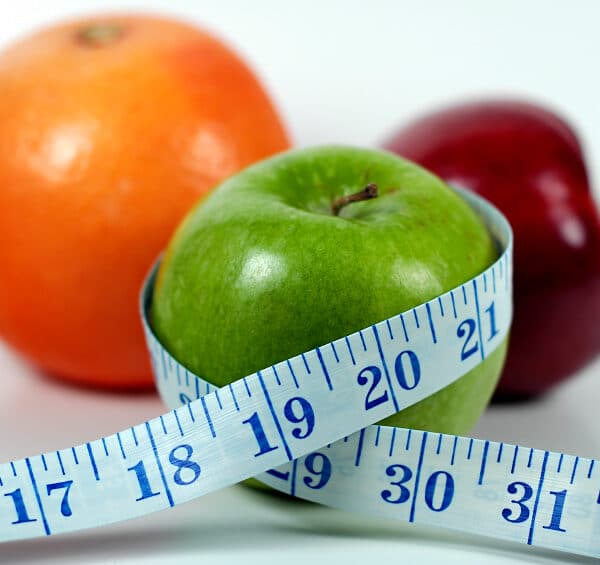 Do we have a responsibility to help Service Users manage their weight? When ‘plump’ becomes unhealthy, or downright risky, we need to consider how we tackle this very sensitive issue.
Do we have a responsibility to help Service Users manage their weight? When ‘plump’ becomes unhealthy, or downright risky, we need to consider how we tackle this very sensitive issue.
Wobbly is the new shape
Easter weekend in Birmingham; a trip to the shops to buy clothes for the anticipated warmer weather. As a teenager, young woman and indeed right up into my forties, I was variously ‘chubby’, ‘big-boned’ or downright obese. I struggled to accept the fact that my eating was making me unhappy and putting me at serious risk of health complications.
I was very aware as a younger person I was in a minority and in fact considered as something of a freak. Buying clothes was always a challenge, especially fashionable clothes. Yet in Birmingham on Saturday I was conscious that the majority of women shopping were like me, or larger. We are getting fatter as a nation and right there on the high street the evidence was clear.
A high risk group
For people with learning disabilities, levels of obesity can be higher, especially in women. For those with milder learning disabilities more so, which has been attributed to their relative independence and lack of insight into healthy eating, as well as a general tendency to be sedentary.
Some genetic conditions are linked to obesity, especially Down’s syndrome and Prader- Willi syndrome. Some medications have an increase in appetite as a side effect. Other factors that predispose people with learning disability to obesity include a lack of awareness of carers who provide their meals, low self-esteem, food used as a reward or incentive and lack of physical exercise.
If you consider all of these it makes sense that we have a responsibility to support people to manage their diet and lifestyle to ensure good health. We have to tread a fine line between encouraging choice and freedoms and safeguarding health. If we have full control over nutrition then we can help provide healthy options and encourage people to eat well. If we are promoting independence, we can offer advice on balanced eating and encourage exercise.
Its so unfair!
Nobody likes to be lectured about their weight and the world is full of temptation; it’s not unusual for people to indulge in public displays of gluttony (all you can eat buffets, giant dessert contests) so trying to help people make sensible choices can often look like cruelty. Who are we to say that big is not beautiful, anyway? And who are we to talk?
An enlightening read is ‘Weight management for Adults with Learning Disability living in the Community’ by the Learning Disabilities Obesity Group of the British Dietetic Association. This 2011 paper is due for review this year, but does contain some interesting case studies as well as some valuable tips for helping people to be healthy.
Find it here – http://www.rcn.org.uk/__data/assets/pdf_file/0004/371/Weight_management_adults_with_learning_disabilities_v1_180311.pdf
Now – time for the gym!






